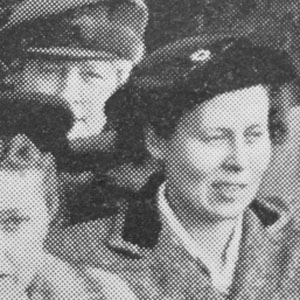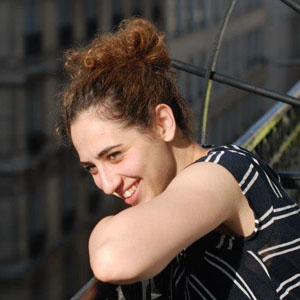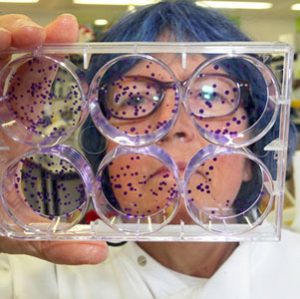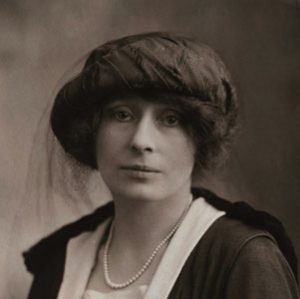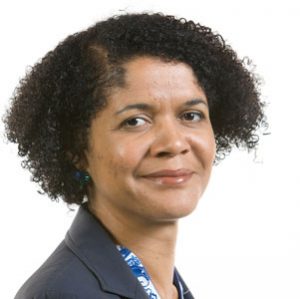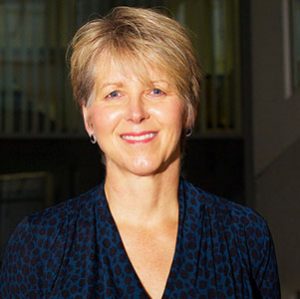Today is International Women’s Day. The World Economic Forum’s 2017 Global Gender Gap Report tells us that at the current rate, true gender parity is still over 200 years away. This year’s International Women’s Day theme, #PressForProgress, reminds us of how important it is to keep pushing forward and to “motivate and unite friends, colleagues and whole communities to think, act and be gender inclusive.”
Looking at statistics, it can be easy to feel frustrated at the imbalance in representation within the STEM industries. Women make up less than one quarter of all people employed in the STEM industries, and whilst there are nearly 22,000 more women working as science and engineering technicians now than in 2016, women still only make up 27% of the total. However, instead of being disheartened, we can #PressForProgress by celebrating the successful women that we do have in STEM who’s achievements can inspire the next generation of young women to follow in their footsteps.
Newcastle University are hosting a number of International Women’s Day events including two screenings of Great Unsung Women of Computing today, as well as a Maths, Stats and Physics Afternoon Tea tomorrow afternoon, to provide female staff and students with a networking opportunity.
In the Spotlight: Women in STEM
We’re proud to support many fantastic women throughout their studies and careers within our STEM subject areas here at Newcastle University. Today we’re putting a spotlight a small selection of these women and the vital research they conduct.
Hayley Fowler, Professor of Climate Change Impacts
Hayley Fowler’s research specialises in “the analysis of the impacts of climate change and variability on hydrological and water resources systems”. She teaches on Civil Engineering and Geosciences modules at Newcastle University.
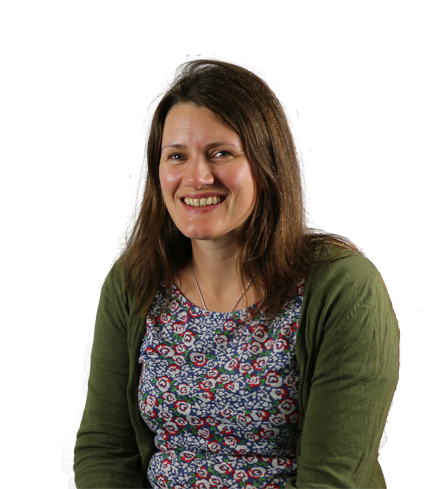
Hayley highlights the challenges engineers face in the future:
“I think that the greatest engineering challenge is around climate adaptation – building low carbon cities and adapting to heat and weather extremes.
Engineering is crucial for everyone, we need to build infrastructure systems and buildings for the modern world, and design new systems to cope with our ever changing climate and extreme weather events. We need young people with bright ideas. Don’t believe that it’s only men who can do engineering, some of the best and most inventive engineers out there are women.”
Ann Daly, Professor of Pharmacogenetics
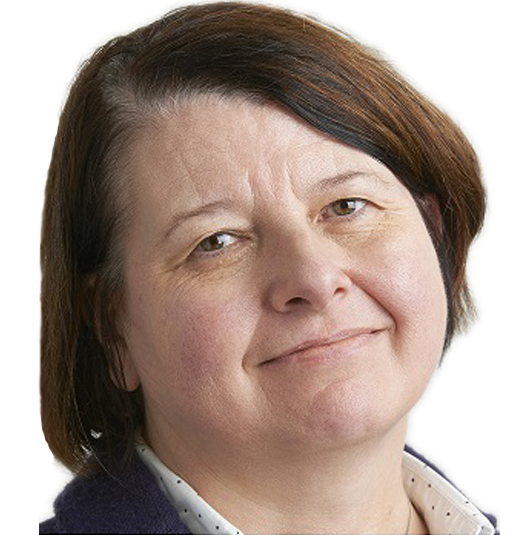
Ann Daly, a Professor of Pharmacogenetics, teaches on Newcastle University’s Pharmacology and Biomedical Sciences degrees. She was recently awarded the International Society for the Study of Xenobiotics (ISSX) European Scientific Achievement award. This award celebrates Professor Daly’s “substantial and sustained scientific contributions to the field of xenobiotic disposition spanning more than four decades”. She is the first woman to ever receive this award.
Ann explains that she was inspired to pursue a career in STEM having been fascinated by the sciences at school:
“I was originally interested in chemistry, however, I found human biology and biochemistry fascinating at University and have been an active researcher in this general area now for many years.
I enjoy my job because it’s so varied – no two days are the same. There are great opportunities to train young scientists and also to work with other researchers world-wide.
If you’re interested in a career in STEM, go for it. There are a large number of different opportunities. The subjects you will need to study are not easy but there is plenty of help available and few barriers now to rewarding careers in STEM for women.”
Dr Marion Pfeifer, Lecturer in Ecology, Conservation & Management
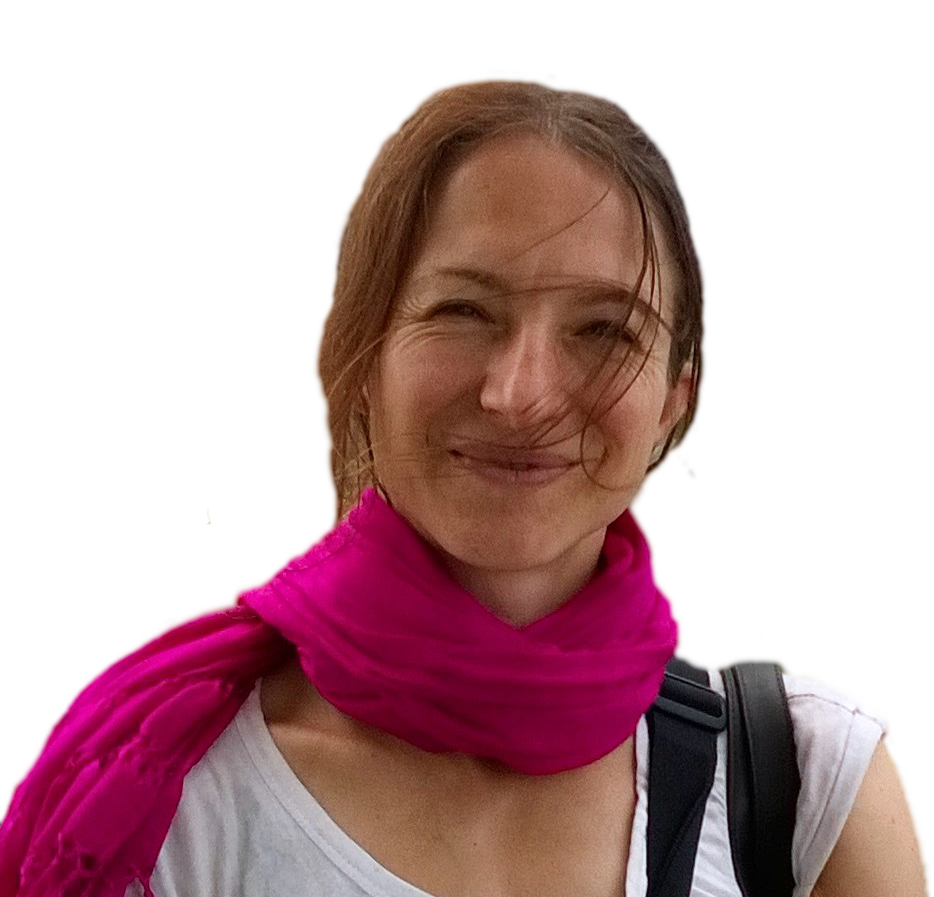
Working within the School of Natural and Environmental Sciences, Marion Pfeifer’s research focuses on ecology and conservation, exploring how different species may react to climate change and human-modified landscapes.
Marion’s current research investigates the resilience of ecosystems and human /wildlife conflicts. Marion explains:
“There are a lot of arguments about how authorities should approach protected areas, whether they should be fenced or not.
Fencing, for example, can interfere with the natural territories and habitat of the wildlife. The counter argument is that people have to live with these animals, which may pose a danger to life, ruin crops or create hazards on the roads and so on. It’s an interesting topic for our research group.”
Emma Stevenson, Professor of Sport & Exercise Science

Emma Stevenson joined Newcastle University in 2015 to lead the developments in Sport and Exercise Science in the Faculty of Medical Sciences.
Emma’s work concentrates on the role of nutrition in exercise performance:
“Initially I got into sport and exercise science through my love of sport and wanting to further understand how the body responds to exercise training and activity.
My research focuses on nutritional interventions to maximise exercise recovery and the effects of exercise and nutritional interventions on appetite regulation and metabolism.
I really enjoy the diversity of my job. It is fantastic to be involved in the development of students and seeing individuals progress through their careers from undergraduate students.
If you’re looking to pursue a career in STEM, talk to as many different people working in the industry as possible. There are some many exciting career opportunities in STEM and many female role models to take inspiration from.”
